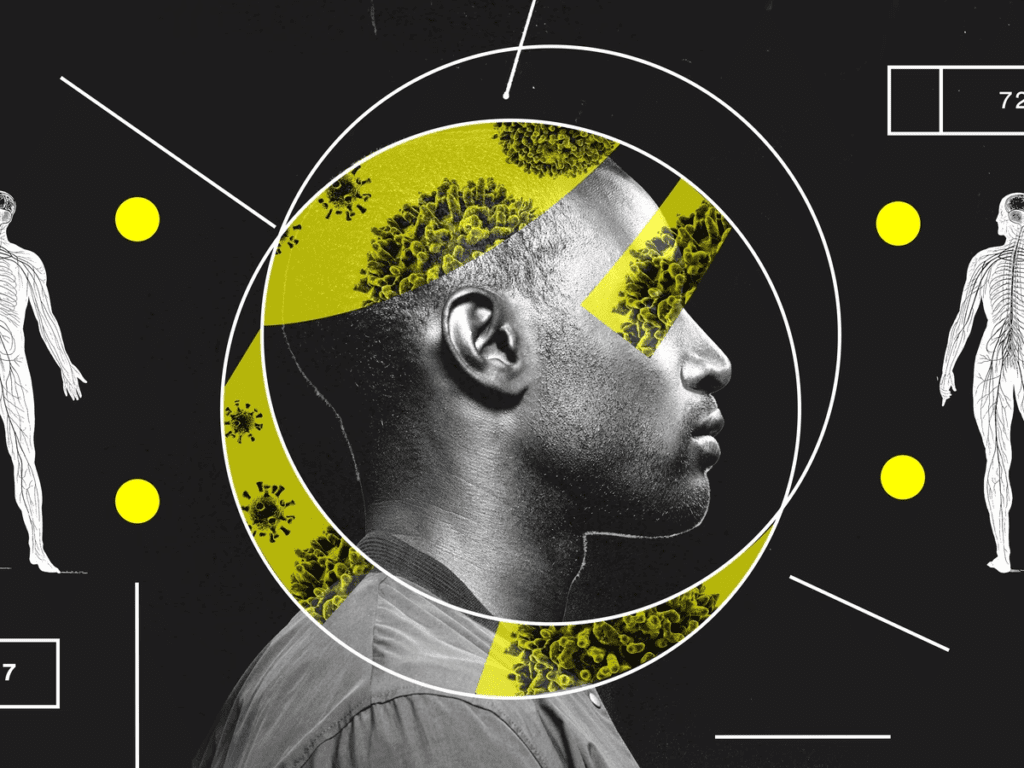The human immune system is an almost flawless protection mechanism. It defends the body against pathogenic bacteria, viruses, and other diseases. It detects and eliminates nascent cancers. It removes cellular debris from the site of an injury or illness.
To carry out its many activities, the immune system must first and foremost distinguish between self and non-self—a unique selective skill that allows it to recognise and neutralise hazardous agents while sparing the body’s own tissues.
If the immune system fails to recognise this distinction, it may begin an attack against the body, resulting in autoimmune illnesses.
For some time, researchers have known the broad concept underpinning this selective ability, but how immune cells learn to discriminate friend from foe has remained a mystery.
A new study conducted by Harvard Medical School researchers identifies a new mechanism that explains how the body’s most powerful immune troops—T cells—learn to distinguish between self and non-self.

The study, which was conducted primarily in mice, was published online on June 16 in Cell and will be printed on July 7 in the print issue.
According to the findings, the thymus gland—the organ where T cells are created and trained—educates newborn immune cells by exposing them to proteins produced by thymus cells that imitate numerous organs across the body. The study shows that by assuming multiple identities, these specialised thymus cells prepare for the self-proteins encountered by maturing T cells once they leave their native thymus gland.
“Think of it as having your body reconstituted in the thymus,” said study senior author Diane Mathis, a Harvard Medical School professor of immunology. “Seeing muscle-like cells in the thymus or numerous quite different types of intestinal cells with my own eyes was a revelation for me.”
According to Mathis, the findings give light on how the adaptive immune system develops its ability to distinguish between friend and foe. Errors in this vital recognition mechanism can have disastrous repercussions.
“Our immune system is really effective. It has the ability to kill any cell in our body and regulate any pathogen we come across, but with that power comes immense responsibility “Daniel Michelson, an MD/Ph.D. student at Harvard Medical School and a researcher in the Mathis/Benoist team, was the study’s first author. “If that power is not restrained, it can be lethal. It is fatal in some autoimmune disorders.”










































